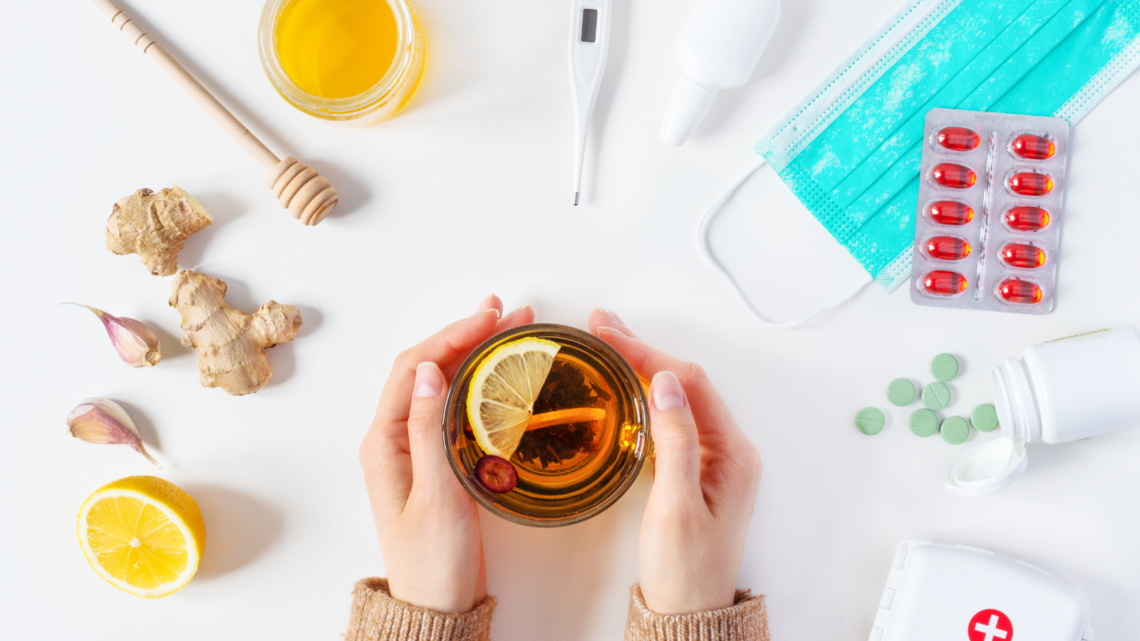
Preparing for the Fall Respiratory Season
As the leaves change and the temperatures drop, British Columbia is bracing for the annual respiratory season. But unlike the typical cold and flu seasons of the past, the ongoing threat of COVID-19 adds a layer of complexity to our preparation and response. It’s essential to be informed and proactive to ensure a safer and healthier autumn.
Why Fall is Different
With the onset of the colder months, respiratory illnesses, including the common cold, flu, and now COVID-19, tend to become more prevalent. As people retreat indoors to stay warm, the likelihood of transmission increases due to close proximity and reduced ventilation. The convergence of these illnesses can strain our health-care system and increase the risk for vulnerable populations.
Masks Return to Health-Care Settings
Starting on October 3rd, in a proactive response to the anticipated surge in cases, masks will once again be required in all health-care settings throughout British Columbia. This mandate underscores the importance of reducing the spread of respiratory illnesses, protecting both health-care workers and patients alike.
If you’ve been lax with your mask-wearing habits during the warmer months, now is the time to replenish your mask collection. Ensure they fit snugly, covering both your nose and mouth, and are made of high-quality, breathable materials.
Immunizations
To further combat the dual threat of flu and COVID-19, British Columbia’s health authorities have announced that invitations for immunization appointments will begin on October 10th. Residents are strongly encouraged to get both the flu vaccine and, if eligible, the COVID-19 vaccine or booster shots. By doing so, individuals not only protect themselves but also contribute to the broader community’s health by reducing the overall spread and burden of these illnesses.
The flu vaccine, in particular, is a crucial tool in our arsenal against respiratory illnesses. While it doesn’t guarantee complete immunity from the flu, it significantly reduces the chances of severe complications should one contract the virus. Coupled with the protective effects of the COVID-19 vaccine, it provides a comprehensive shield against the most pressing health threats of the season.
Best Practices for a Healthier Fall Season
Beyond the official guidelines, there are several measures every individual can take to reduce their risk and promote a healthier community:
- Practice Good Hygiene: Regularly wash your hands with soap and water for at least 20 seconds. When soap and water aren’t available, use hand sanitizers containing at least 60% alcohol.
- Stay Informed: Keep abreast of the latest advisories and recommendations from health authorities.
- Maintain Physical Distancing: While masks are essential, they are most effective when combined with physical distancing. Aim to keep at least 2 metres apart from those not in your immediate household.
- Ventilate Indoor Spaces: Ensure spaces are well-ventilated to reduce the concentration of viral particles in the air.
- Stay Home if Unwell: If you exhibit any symptoms of respiratory illness, it’s crucial to stay home so that you not only recover, but avoid spreading illness to anyone else.
The fall respiratory season, coupled with the ongoing challenges of COVID-19, calls for heightened vigilance and a collaborative effort from all British Columbians. By adhering to guidelines, getting vaccinated, and practising personal preventive measures, we can navigate this period with resilience and ensure the well-being of our communities.

